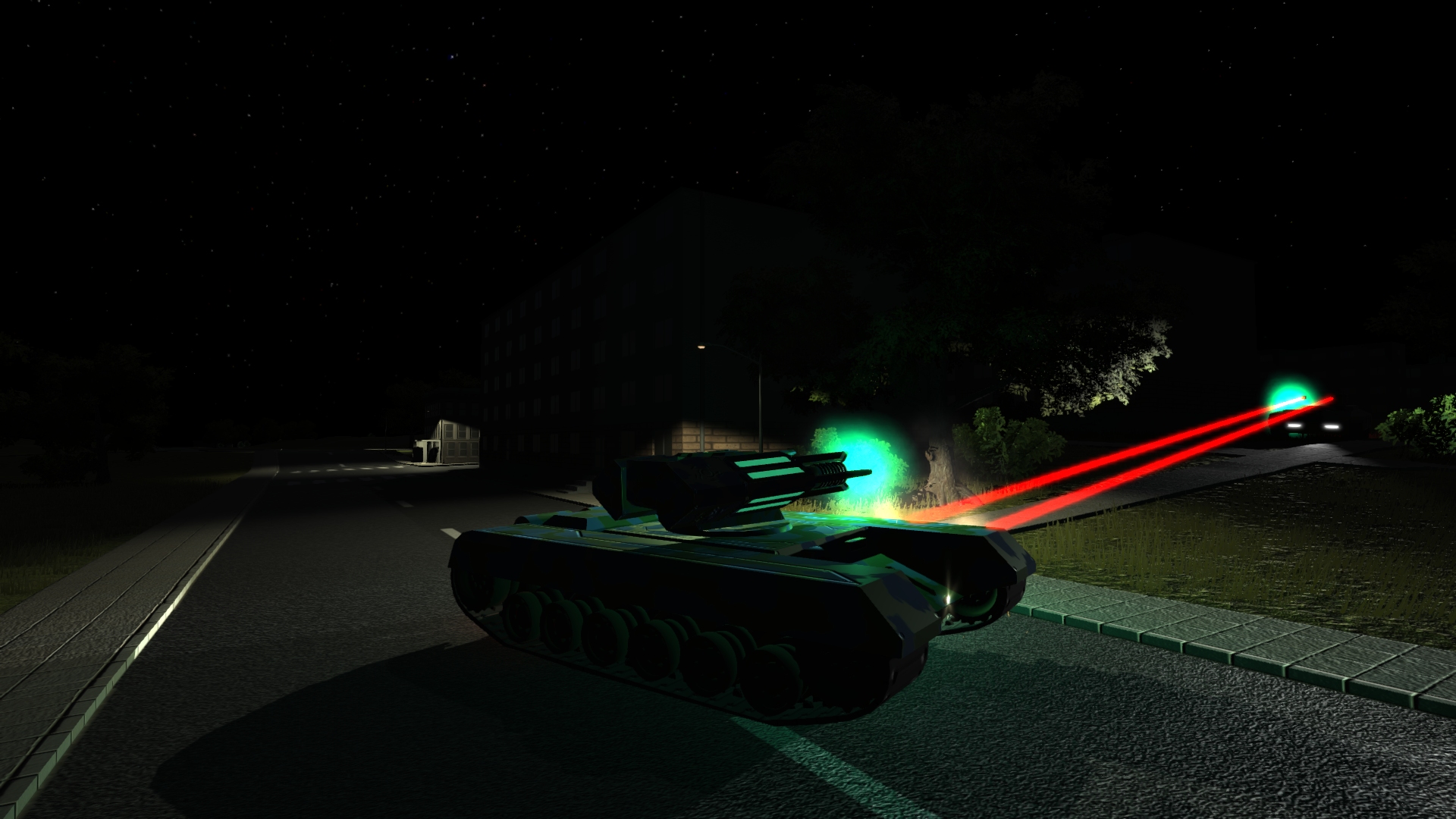
To foster this type of unified entity, the state seeks war against others to prevent internal self-destruction. This image has two tenets in that in order to ensure survival from internal strife or civil war, states must promote a homogenous unified entity. For the second image, Waltz suggests that the internal organisation of the state unit is crucial in understanding its propensity towards war. This view suggests that the evilness of men, or their improper behaviour, leads to war. Firstly, and in line with classical realist thought. Writing in ‘Man, the State and War’, Waltz sets out three interrelated images of the causes of war. Modern realists such as Waltz have further developed this concept of the cause of war and added to it. What Clausewitz was suggesting that if states see war as a necessary step to further their power or interests, they will use it as a rational political tool. He suggested that war is a controlled and rational act, and a continuation of political activity by other means. Many realists subscribe to the political conception of war from Clausewitz, who is writing ‘On War’ in 1831. These views on the character of states and their motivations in an anarchic international system provide us with the realist perspective on the causes of war. For modern realists states are the primary actors, acting rationally and with security and the maximisation of power a necessary goal for each state under a system of anarchy. These concepts were core to the later writings of modern realists such as Waltz and Carr, often termed structural realists, who although acknowledging the concept of a human nature in statecraft, placed greater emphasis on the anarchic nature of the international system which fosters fear, jealousy, suspicion and insecurity amongst states. At the core of the classical realist perspective is the three concepts of statism, survival and self-help. For Machiavelli in particular, morals and ethics had no place in politics and as he stated, in politics we must act as if all men are wicked and that they will always give vent to the malignity that is their minds when opportunity offers.

Each placed great emphasis on the primacy of the state but also juxtaposed the suggested ‘human nature’ of egoism, selfishness and greed on the character of the state. The classical realist perspective is most commonly associated with the writings of Thucydides, Machiavelli and Hobbes.

Realism can be divided into three broad types classical, modern and neo-realism, however all share a number of core principles. In order to assess the causes of wars, a theoretical approach is useful to broaden our understanding and perspective on the issue.Ī realist theoretical approach is probably the most dominant in the area of international relations. War can take on many forms including world, inter-state, intra-state or revolutionary. War is a state of armed conflict between different countries or different groups within a country.


 0 kommentar(er)
0 kommentar(er)
